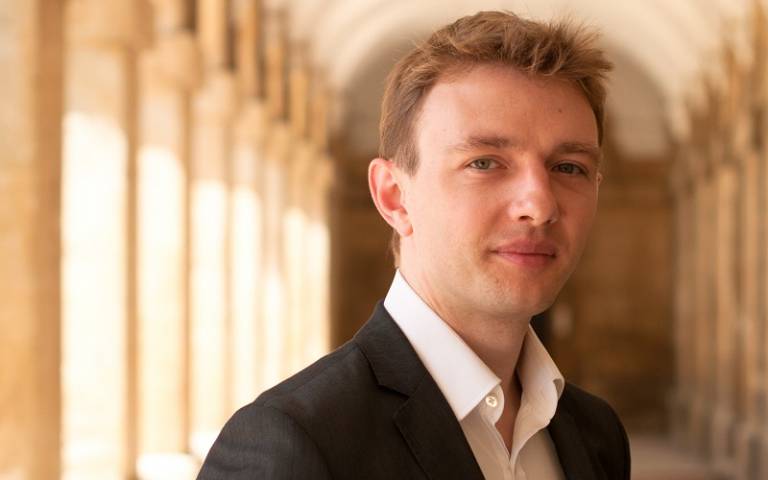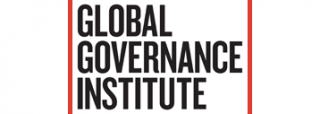Trade Governance beyond Multilateralism
25 March 2019
An interview with Dr Matthew Eagleton-Pierce, Senior Lecturer in International Political Economy at SOAS, University of London.

What does your own research on global governance currently focus on?
I have historically looked at trade diplomacy in developing countries, so my main institutional focus has been the World Trade Organization (WTO). More recently, I have moved on to focus more on the role of non-governmental organisations (NGOs) in trade politics. I also look at how civil society groups engage with managerialism and how one can think about managerial ideology and practices in global governance.
What was it that inspired you to move focus on the role of NGOs in global governance?
I have always had an interest in NGOs and social movements. But I think it was partly the lack of political action at the negotiation level of the WTO which led myself and others to look beyond the multilateral context. The failure of the Doha Round put the spotlight on different actors and activities within the trading system, with new research looking at the history of NGO activism and also the role of expertise in trade governance.
Would you say there are any particular ‘blind spots’ in the global governance literature that need pressing investigation?
Well, sometimes I think there is enough on the plate as it is. I would say, more generally, we struggle with understanding the wider relationship and connections between different social worlds and spaces in global governance. If I had to pick one particular issue area that needs more investigation it would be the impact of the consumer technology revolution and the role of the major tech giants. They are extremely powerful actors in many areas of global governance and their role needs to be much more scrutinised.
This interview was conducted by Alexandra Ming, MSc Global Governance and Ethics, at a research workshop on ‘Beyond Multilateralism: The Future of Global Governance’ on 12 February 2019.
Dr Matthew Eagleton-Pierce is a Senior Lecturer in International Political Economy at SOAS, University of London. His research interests cover a number of areas in political economy, but are mainly focused on (1) the history and contemporary forms of neoliberalism, and (2) the political economy of global trade. Matt also has strong interests in the conceptual analysis of power and the application of the thought of Pierre Bourdieu to world politics. His first monograph, titled Symbolic Power in the World Trade Organization, was published by Oxford University Press in 2013. He is also the author of Neoliberalism: The Key Concepts (Routledge, 2016), which seeks to critique the common vocabulary associated with neoliberal notions and policies.
 Close
Close


